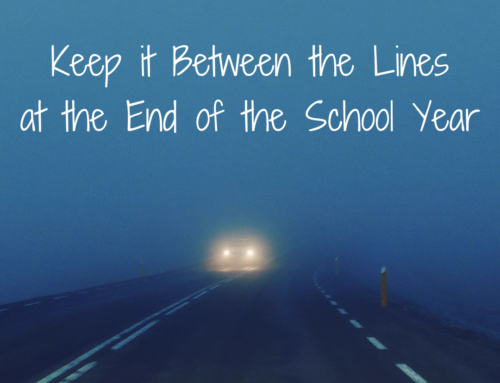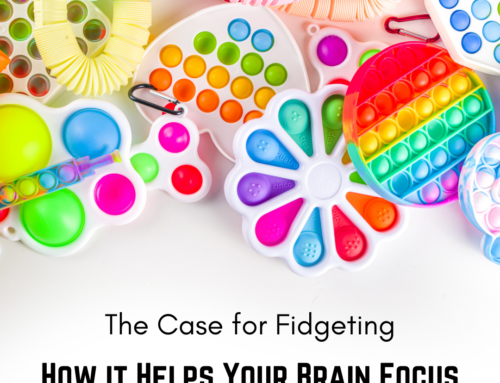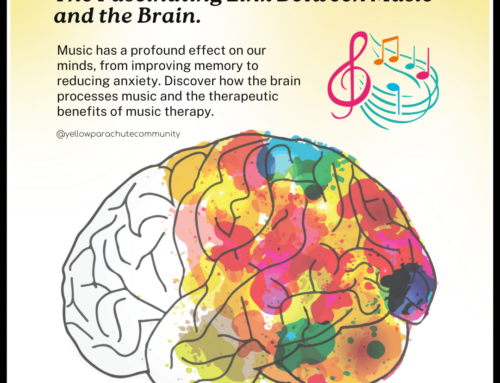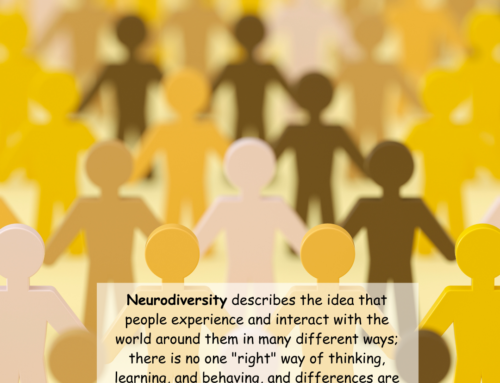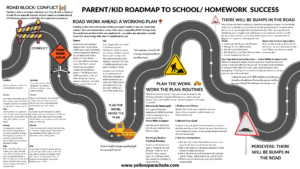Imagine sitting in a concert hall. The crowd falls silent as the conductor takes her place on center stage and cues the orchestra. Moments later, she’s keeping the melody, watching the tempo, and tracking the upcoming key changes. Her job seems almost magical. She is making everything operate as one. From a distance, it’s as if everything in this concert hall is controlled by the movement of her wand.
The conductor’s exquisite control is a good metaphor for the concept of executive function. It’s a skill that lets our brains plan and complete tasks. It also helps us thrive in moments of uncertainty—when things inevitably take an unexpected turn.
Executive function enables us to think about our options and solve problems on the fly. It’s the thing that we depend on to keep our emotions in check when, for example, we take a difficult calculus exam or find ourselves in a conversation that requires tact. It helps us think clearly and solve problems in real-time. And it’s a skill that is vital to success in every aspect of life.
But honing this valuable skill doesn’t happen overnight. A conductor doesn’t simply purchase the black coattails and magic baton and go out and direct the New York Philharmonic. The path to center stage takes time.
So, how do we cultivate executive function skills? How do students practice this type of decision making? And how students discover what they do well and what they need to practice?
This is Yellow Parachute’s expertise. Our Learning Coaches understand that learners today are preparing for jobs that may not yet exist. We believe that today’s learners need to focus less on fact-based knowledge, and more on executive function.
For that reason, we begin working with students by pinpointing their areas of strength and identifying their opportunities for growth. Then, we guide students to set goals accordingly. We coach the conductor, so to speak. But we also provide content-area help in math, science, reading, writing, or test prep. We seek to advance learning in how to learn while simultaneously providing support in what to learn.
Because all students are learners who can use their unique gifts and strengths to serve their communities and change the world.
—Cara


